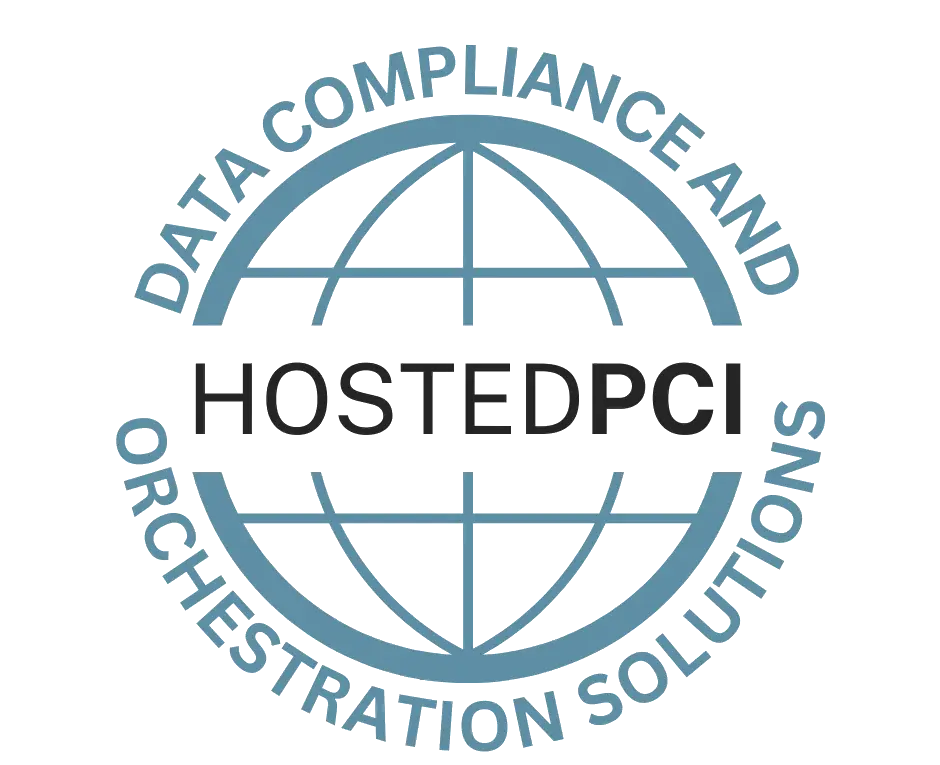Understanding Canadian Law 25 and Bill C-27: Compliance with HostedPCI Solutions

In the rapidly evolving landscape of data privacy and protection, Canadian businesses face significant challenges and responsibilities. Two pivotal pieces of legislation, Québec’s Law 25 and the federal government’s Bill C-27 have introduced stringent requirements to safeguard personal information. Here, we explore these laws and how solutions from HostedPCI can assist businesses in meeting these new mandates, with a special focus on the data residency feature.
Law 25, officially titled “An Act to Modernize Legislative Provisions as regards the protection of personal information,” represents a significant overhaul of Québec’s data protection landscape. It mandates that businesses implement robust measures to protect personal information. This includes obligations for transparency, consent, and the governance of personal data. Importantly, businesses must notify affected individuals and the Commission d’accès à l’information (CAI) of any data breaches that pose a risk of serious harm.
Bill C-27, which introduces the Digital Charter Implementation Act, aims to modernize the framework for the protection of personal data at the federal level. This bill is particularly significant as it proposes the creation of the Personal Information and Data Protection Tribunal, which will have the authority to impose penalties for violations. Bill C-27 emphasizes consumer consent, de-identification of data, and transparency in data handling processes.
Both Law 25 and Bill C-27 place heavy compliance burdens on organizations, particularly those related to implementing stringent data protection and privacy measures, managing extensive documentation, and ensuring ongoing compliance through regular audits and updates. This can be particularly challenging for smaller businesses or those without dedicated resources for these functions.
How HostedPCI Can Help
-
1. Secure Payment Processing: HostedPCI provides PCI-compliant payment solutions that secure credit card information through tokenization and safe storage. This directly supports compliance by protecting consumer payment information from data breaches.
-
2. Secure PII Processing and Storage with HostedPCI: HostedPCI enables clients to safely collect essential personal information by employing advanced tokenization and encryption methods. This information is securely stored outside the client’s system, ensuring enhanced data security and reduced risk. Additionally, HostedPCI provides the capability for clients to securely transmit necessary PII to third parties or retrieve any stored information in real time, facilitating smooth and secure data handling practices.
-
3. Data Residency: HostedPCI ensures that all data is stored and processed within Canada, complying with Law 25’s data residency requirements. This feature is crucial for businesses that must adhere to local laws regarding the storage of personal information within geographical boundaries.
-
4. Data Minimization: Their solutions ensure that only necessary data is collected and retained, aligning with the data minimization principles outlined in both Law 25 and Bill C-27.
-
5. Breach Notification: HostedPCI’s infrastructure is designed to detect and respond to data breaches effectively. Their tools can help in promptly notifying authorities and individuals affected by a breach, a key requirement under Law 25.
As Canadian businesses navigate the complexities of Law 25 and Bill C-27, leveraging solutions from HostedPCI, including their data residency feature, can provide a significant advantage. Their robust security measures, compliance-oriented features, and commitment to data residency help ensure that businesses not only protect their customers’ personal information but also adhere to the evolving regulatory standards. By integrating HostedPCI’s solutions, companies can foster trust and integrity, crucial components in today’s digital economy.

